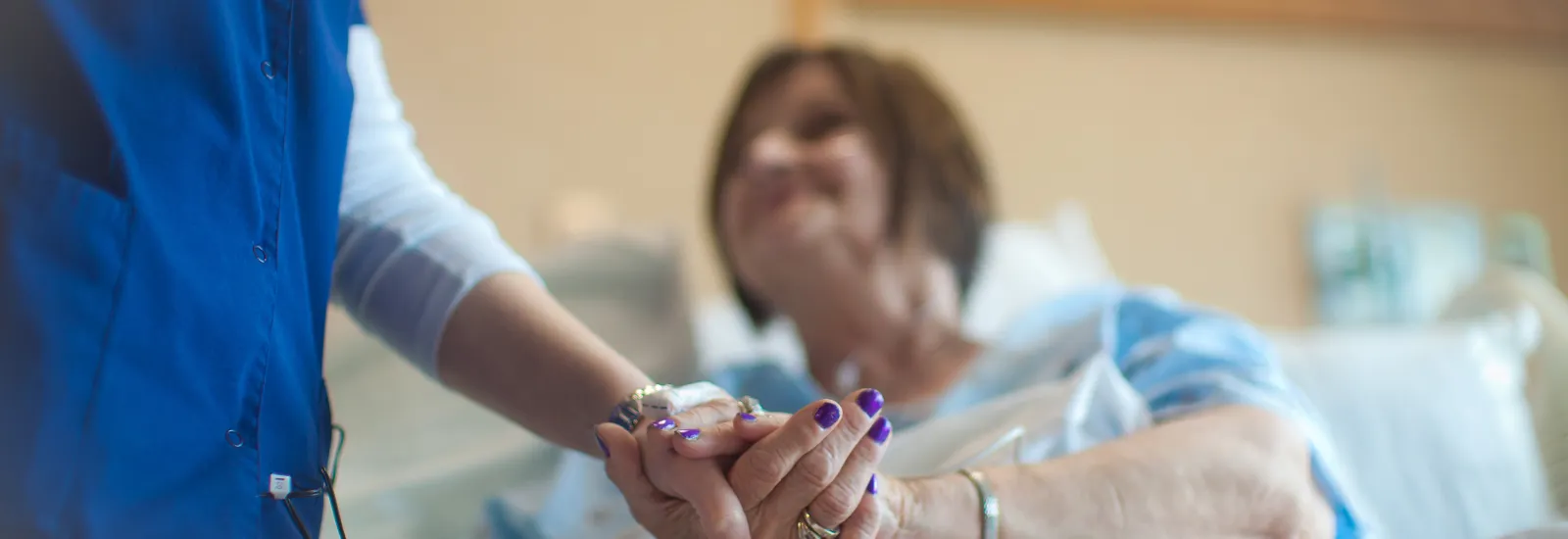
Choosing a cancer doctor: 7 things to know
If you’ve recently been diagnosed with cancer, you likely have many questions. Choosing the right specialist, or oncologist as they’re called in medical terms, can help you to navigate your treatment as best as possible. There are several factors you should consider when choosing a doctor to treat you. From personality to equipment, finding the right oncologist can make a big difference when navigating treatment. Read these seven tips to help find the right doctor for you.
1. Choose a doctor who is experienced with the cancer you have. There are many types of cancers, so you should choose one who is experienced with your particular type of cancer. According to the American Cancer Society, doctors are more successful treating conditions they have a lot of experience with.
 2. Choose a doctor with access to the right hospital. From testing to inpatient stays, your diagnosis likely means that you’ll spend at least some time in the hospital. Make sure your oncologist has admitting privileges at your hospital of choice. If you’re looking for a hospital, try to find one that’s been recognized for quality by the American Society of Clinical Oncology.
2. Choose a doctor with access to the right hospital. From testing to inpatient stays, your diagnosis likely means that you’ll spend at least some time in the hospital. Make sure your oncologist has admitting privileges at your hospital of choice. If you’re looking for a hospital, try to find one that’s been recognized for quality by the American Society of Clinical Oncology.
3. Check with your insurance provider. Not all doctors are “in-network” for all healthcare plans, so check with your doctor and insurance provider to make sure your oncologist is covered by your plan.
4. Find a doctor you’re comfortable with. You are likely to be in unfamiliar territory while you’re being treated. That means it’s very important to choose a doctor with whom you’re comfortable. You should feel like it’s okay to ask any question and discuss all of your concerns. You should have good rapport with your doctor, not feel rushed, and feel heard by him or her.
5. Get to know the team your oncologist works with. Your doctor brings a team of medical professionals, including physicians assistants, nurses, diagnostic technicians, and perhaps even a cancer navigator to the treatment process. Ask about who else is on your care team and evaluate the whole team, not just the lead oncologist.
6. How current is your doctor’s understanding of treatment options? As science progresses, new treatment options come available. Ask your doctor how he or she learns about new treatments or relevant research. The best doctors are always engaged in emerging research, either by performing it or studying outcomes. These doctors can help you make sure you receive the most advanced treatment available.
7. Learn where your doctor practices. During the course of treatment, you’ll have to see your doctor quite frequently. Sometimes, you might even need to see your doctor on short notice. If your doctor is across the state or even across the country, it can make office visits both more expensive and more challenging. Look for a doctor within a comfortable driving distance.
By choosing the right oncologist, you’re improving the outcomes of your cancer treatment. Take the time to evaluate your choices in oncologists to find the one who is going to give you the best and most individual care.

